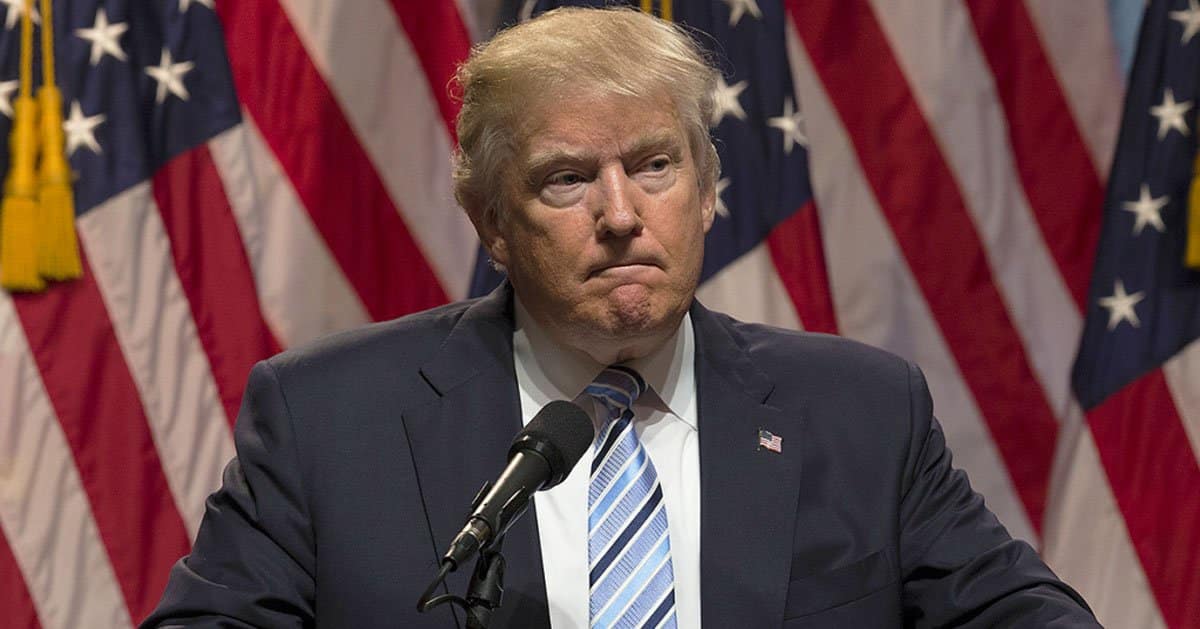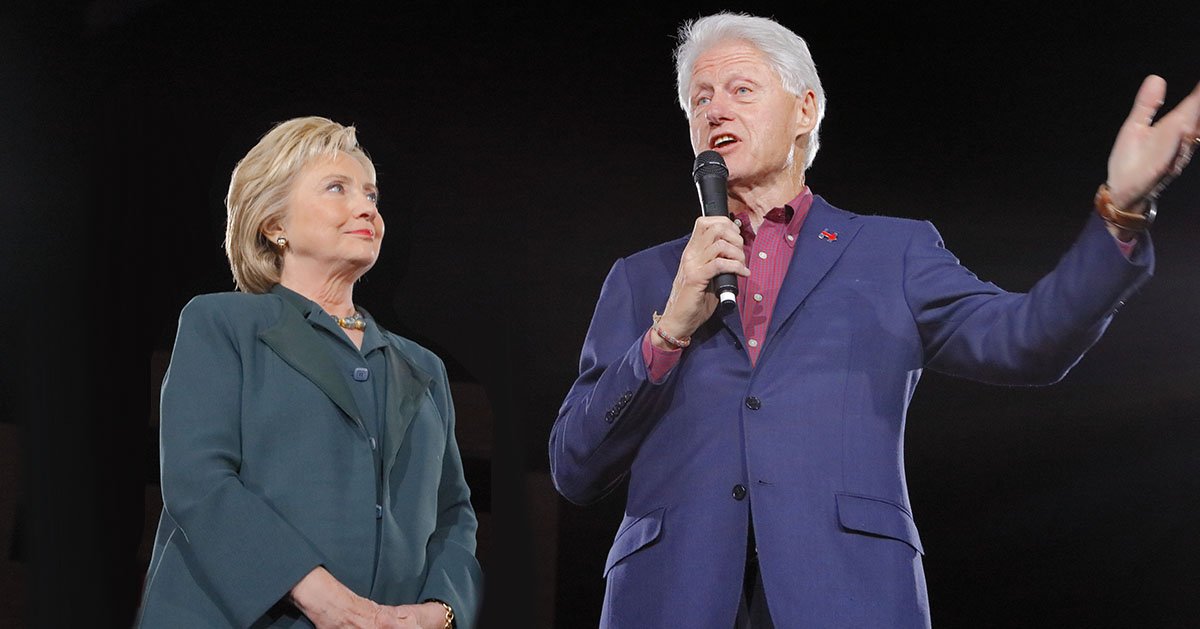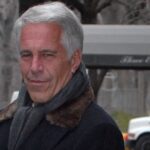








San Francisco International Airport just became ground zero for a national security showdown with the arrest of a British journalist accused of ties to a controversial extremist group.
The Department of Homeland Security (DHS) has confirmed that Sami Hamdi, a British journalist suspected of affiliation with the Muslim Brotherhood, was detained by U.S. Immigration and Customs Enforcement (ICE) on Sunday and now faces deportation over concerns about his activities and potential threats to national security.
On Sunday, as reported by the Guardian, Hamdi was apprehended by ICE officials at San Francisco International Airport while reportedly en route to Tampa, Florida, for an event tied to a group described by investigative journalist Laura Loomer as having problematic affiliations.
DHS spokeswoman Tricia McLaughlin didn’t mince words, announcing that Hamdi’s visa has been officially revoked as part of a broader effort to protect American interests.
Loomer, posting on X, shared insights from DHS sources claiming Hamdi was set to headline an event for an organization she labeled as supporting controversial causes, raising eyebrows about the timing and intent of his travel. It’s hard not to wonder if some folks are testing the boundaries of what “free speech” covers in today’s climate.
Further digging by investigative journalist Amy Mek, also on X, paints a troubling picture of Hamdi’s activities, alleging he’s been crisscrossing the U.S. to speak at mosques and universities with a focus on training activists in tactics that sound more like political disruption than journalism.
Mek’s reports suggest Hamdi hasn’t just been sightseeing—he’s allegedly been involved in programs abroad with figures banned for extremism, a detail that doesn’t exactly scream “innocent bystander.”
She also pointed out that Hamdi has given talks in American venues aimed at mobilizing activists within key institutions, which, if true, raises serious questions about the line between free expression and coordinated interference. Let’s just say this isn’t the kind of extracurricular activity most journalists list on their resumes.
“Sami Hamdi is not a journalist passing through America — he is a deployed actor from an overseas cadre system that grooms Western Muslims for on-shore mobilization,” Mek stated on X, a claim that, while sharp, underscores the gravity of the accusations leveled against him. While her wording is tough, it’s a reminder that national security isn’t a game of charades—there’s a real need to scrutinize who’s influencing discourse on our soil.
Not everyone agrees with the DHS’s actions, as the Council on American-Islamic Relations (CAIR) has stepped in, demanding accountability and Hamdi’s release. “Our attorneys and partners are attempting to address this injustice, and we continue to call on ICE to immediately account for and release Mr. Hamdi,” CAIR stated in a public release.
CAIR went further, framing the arrest as a misguided policy, arguing, “This is an Israel First policy, not an America First policy, and it must end.” While their passion is clear, one has to ask if dismissing national security concerns as mere political posturing holds water when the stakes are this high.
The debate over Hamdi’s detention isn’t just about one man—it’s a flashpoint for how America balances free speech with the very real need to safeguard its borders and institutions from external influence.
Supporters of the administration’s stance argue that revoking visas and detaining individuals with suspected ties to extremist groups isn’t overreach—it’s a necessary guardrail in a world where threats often hide behind noble-sounding causes. If Hamdi’s activities are as concerning as reported, then ICE’s swift action might just be the kind of backbone we’ve been missing for too long.
On the flip side, critics like CAIR suggest this could set a dangerous precedent, where dissent or unpopular opinions get you a one-way ticket out of the country. Yet, when allegations of training for “electoral sabotage” and “political warfare”—as Mek described—are on the table, it’s tough to argue this is just about silencing a critic.
As Hamdi remains in ICE custody pending deportation, the clash between security imperatives and individual rights is laid bare for all to see. This case isn’t just a headline—it’s a test of whether America can stand firm against potential threats without losing the very freedoms it aims to protect. Let’s hope the resolution prioritizes safety without sliding into overreach, because getting that balance right is no small feat.



